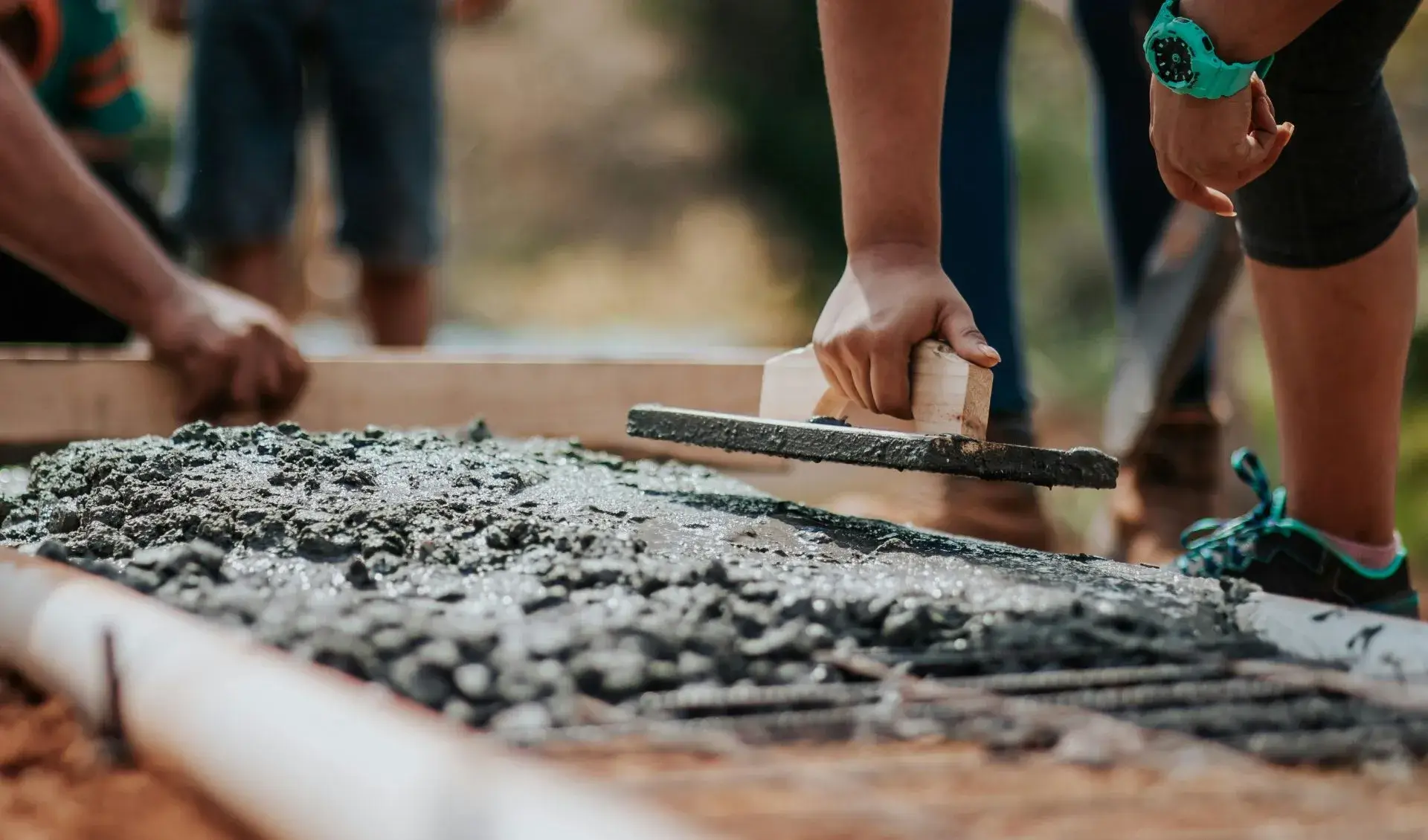Thermal Stability: A Critical Factor in Construction Project QA

If you ask a construction project manager, “What keeps you up at night?” (laughing), you’ll probably hear one answer: inconsistency. Whether it’s concrete curing, insulation integrity, or structural adhesion, a slight variation in environmental conditions can lead to material defects and, consequently, project delays or even costly rework. While quality control often focuses on visible structural flaws or mechanical issues, there’s a hidden factor that deserves more attention: temperature stability. When thermal systems are reliable, construction processes stay on schedule. When they fail, everything else quickly follows.
Preventing Small Errors from Becoming Major Defects
Slight temperature fluctuations can alter how building materials behave. Concrete may not set properly, adhesives may weaken, and protective coatings might not bond securely. In precision construction, these inconsistencies might not be visible right away. But over time, they can cause cracks, insulation failures, or compromised structural integrity.
Reliable thermal components help maintain stable conditions and ensure materials perform as intended and projects meet durability standards. That kind of consistency is what separates high-quality builds from long-term maintenance headaches in construction project management.
One example of such components is the mineral-insulated metal sheathed thermocouple – Kamet Trading, known for its durability and precision in demanding industrial settings.
Heating Systems as Part of Construction QA
Construction projects demand rigorous testing, inspection, and compliance; however, if the heating elements used in key building processes, such as concrete curing or material bonding, aren’t precise, those efforts can fall short.
Thermal control should be viewed as a core part of quality assurance (QA) that ensures environmental conditions remain stable throughout critical phases. Rather than detecting failures at the end, reliable heating infrastructure enables project teams to catch deviations early, thereby avoiding costly repairs and broken timelines.
Building Reliability with Trusted Thermal Systems
From site preparation to final inspections, construction managers need to perform thermal solutions consistently. Working with specialist suppliers such as Kamet Trading ensures that heating systems meet stringent industry standards from day one, minimizing risk and maximizing project success. In an industry where precision determines durability, investing in high-quality thermal components is a necessity.
The Hidden Link Between Thermal Precision and Construction Defects
Defects in construction don’t always stem from poor craftsmanship or mechanical failures. A significant percentage of structural issues can be attributed to inconsistent thermal conditions during critical phases, such as concrete curing, insulation installation, sealing, or bonding. For instance, thermal cracking in concrete can occur due to temperature differentials, leading to surface fractures and long-term durability issues
If heating systems are poorly maintained or inaccurately calibrated, these processes become unreliable, leading to cracking, adhesion failures, or compromised energy efficiency. Reliable thermal systems minimize these risks, reducing the need for rework, lowering material waste, and improving project efficiency without adding unnecessary labor or inspection costs.
Ensuring Regulatory Compliance Through Thermal Documentation
Construction projects often face strict regulatory standards, particularly in infrastructure, green building initiatives, and safety compliance. Documenting thermal consistency ensures that materials are cured, bonded, or insulated under controlled conditions that meet industry specifications.
High-quality thermal components not only perform reliably but also integrate with monitoring systems, simplifying compliance and making it easier to verify that structures are built under validated conditions.
Safeguarding Project Reputation with Process Control
When quality fails in construction, reputations suffer, whether it’s a failed inspection, an unexpected material defect, or long-term structural issues that emerge years later. Clients may not understand the intricacies of thermal control, but they recognize when a structure lacks durability or efficiency.
Reliable heating systems help maintain the stable environmental conditions that keep construction processes on track, preventing costly repairs and maintaining trust in project execution. The bottom line? Investing in thermal precision is not just about quality but protecting project integrity from the ground up.














